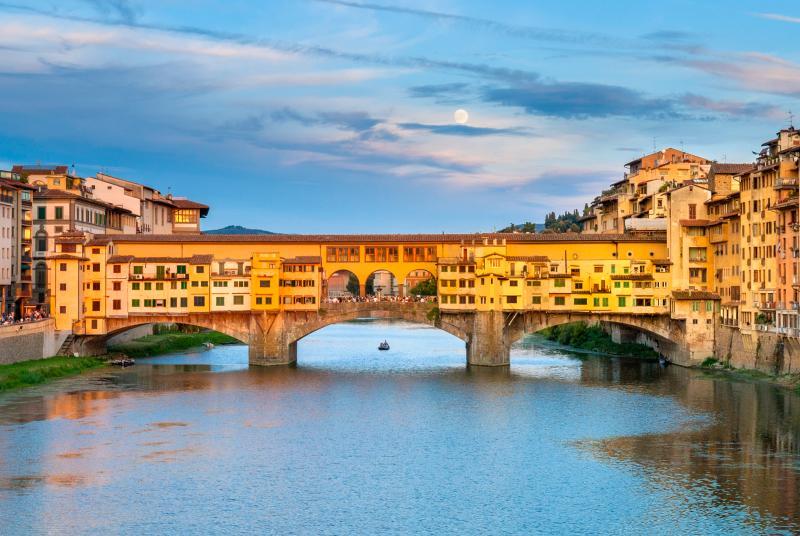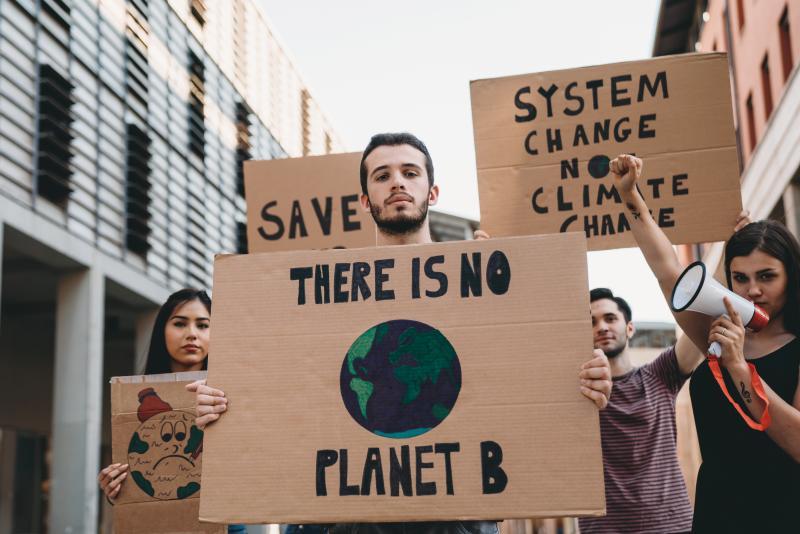Europe’s climate is warming faster than in many other parts of the world. The temperature over the past decade in Europe has been on average 1.3°C higher than in the pre-industrial era. Extreme weather events have increased, with southern and central Europe seeing more frequent heatwaves, forest fires and droughts.

Florence was hit by a big flood in November 1966 that damaged cultural buildings and other public sites.
After the approval of the Sustainable Energy Action Plan, the Municipality of Florence reinforced its commitment towards sustainability by joining the Mayors Adapt initiative, the Compact of Mayors and the New Covenant of Mayors for Climate and Energy in 2017.
The Municipality is currently working on updating and broadening the Sustainable Energy Action Plan, also considering other components related to climate change adaptation.

The aim of the technical assistance provided by the Hub was to support the Municipality of Florence in mainstreaming climate change adaptation, through the implementation of more resilient projects, adapted to the existing climate risks and vulnerabilities.
To do so, climate risks and vulnerabilities were identified and selected projects were designed accordingly, including specific adaptation solutions and relevant costs, the calculation of which was key to allowing the city to include such projects in municipal investment plans.

The Sustainable Energy and Climate Action Plan is expected to be approved in 2019 and will include a set of actions for the city to become resilient to climate change, including the reduction of emissions into the atmosphere.
The city’s Climate Adaptation Strategy will identify objectives and describe ways to meet them by 2030. The plan will also outline actions the city can take itself and actions that outside stakeholders could perform.





